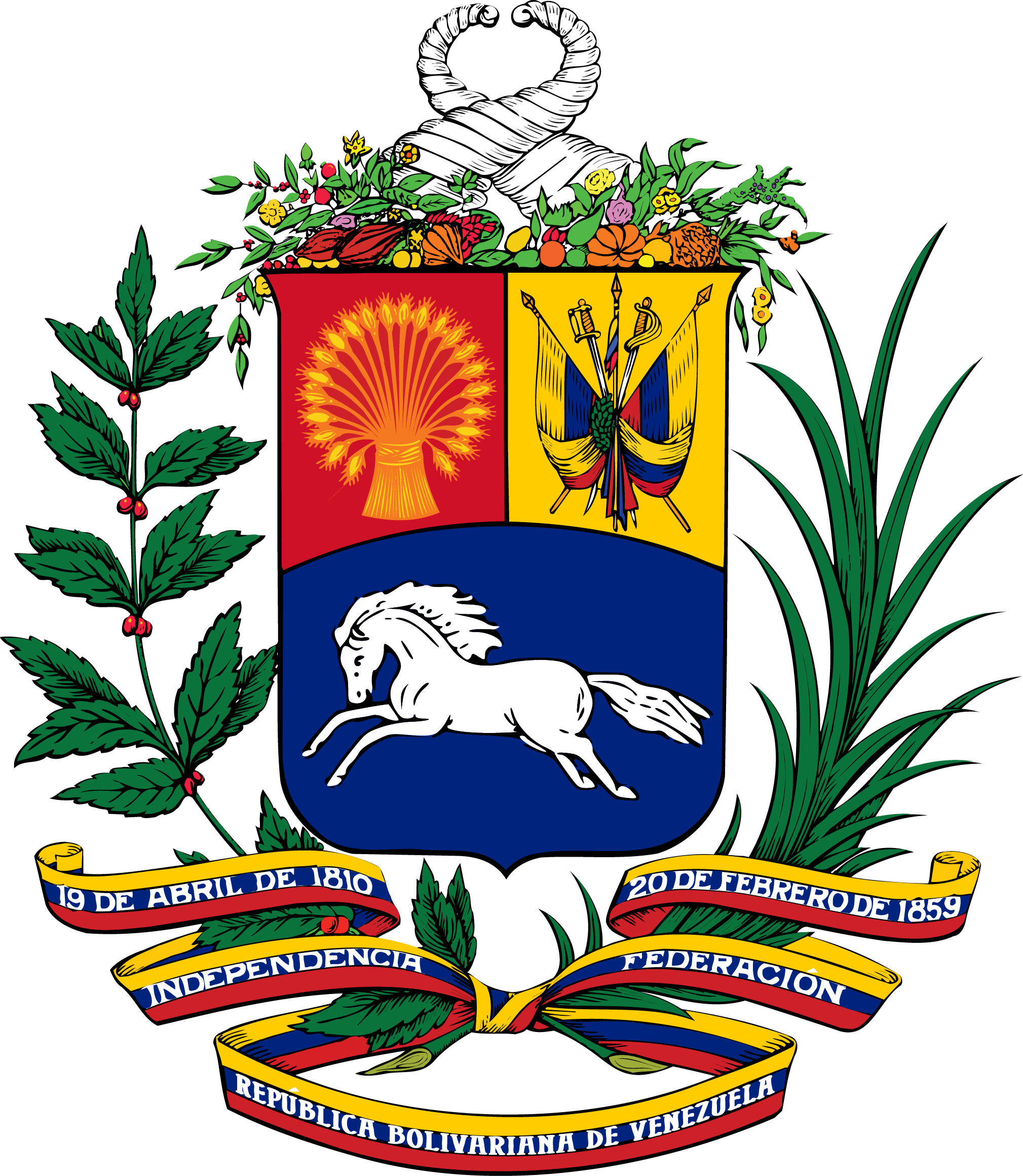In considering the political firestorm in Venezuela, it may be best to start with a quantitative measure of populist will: elections. The government of Hugo Chávez—and the associated Bolivarian Revolution, more movement than literal revolution—came to be in 1999, following the elections of 1998 in which Chávez won a majority, 56%, of the national vote. In second place came the center-right candidate, Salas Römer, with 40% of the vote. Chávez’s margin of victory was particularly impressive given Venezuela’s abundance of political parties.
After less than a year of governance, the Chávez administration called a public referendum to approve the creation of a Constitutional Assembly, which would be charged with the task of drafting a new constitution to replace the outdated and outstanding one written 39 years prior by rural and business elites, and engineered to preserve their interests. The referendum passed with an unprecedented 88% of the vote. Continue reading

